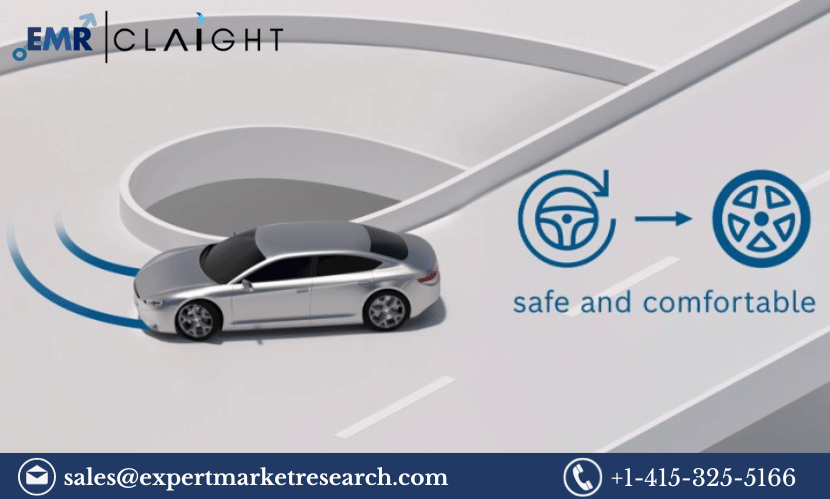In recent years, the healthcare industry has witnessed a significant transformation, with the integration of advanced technologies. Home healthcare, in particular, has benefited from innovative software solutions that are changing the way patients receive care in the comfort of their homes. In this article, we will explore seven ways in which home health care software technology is revolutionizing the home healthcare sector.
Frequently Asked Questions (FAQs):
1. What is home health care software technology?
Home health care software technology refers to a set of digital tools and solutions designed to streamline and improve the delivery of healthcare services in a patient’s home. It includes applications for scheduling, patient monitoring, electronic health records (EHRs), and more.
2. How does home health care software benefit patients?
Home health care software enhances patient care by enabling better communication between healthcare providers and patients, ensuring accurate record-keeping, improving medication management, and increasing overall convenience.
3. Is home health care software technology secure and compliant with privacy regulations?
Yes, most home health care software systems prioritize data security and comply with healthcare privacy regulations, such as HIPAA (Health Insurance Portability and Accountability Act), to protect patient information.
4. Can home health care software be used by both professionals and family caregivers?
Yes, many home health care software solutions are designed to be user-friendly and can be utilized by both healthcare professionals and family caregivers involved in patient care.
5. Are these software solutions accessible to patients with limited technical skills?
Home health care software providers often offer user training and support, making their systems accessible to patients and caregivers with various levels of technical expertise.
6. Is home health care software only for elderly patients?
Home health care software is not limited to any specific age group and can be used to monitor and manage the care of patients of all ages with chronic illnesses, disabilities, or those recovering from surgery.
7. How can I choose the right home health care software for my needs?
To choose the right home health care software, consider your specific requirements, budget, and the compatibility of the software with your existing systems. It’s also a good idea to request demos and read user reviews to make an informed decision.
Now, let’s delve into the seven ways in which home health care software technology is transforming home healthcare:
1. Enhanced Patient Monitoring:
Home health care software technology enables real-time monitoring of patients’ vital signs, medication adherence, and overall health status. This feature ensures that healthcare providers can promptly intervene in case of any deterioration, leading to more effective and personalized care plans.
2. Streamlined Communication:
Effective communication between healthcare providers, patients, and family caregivers is vital in home healthcare. Home health care software facilitates secure messaging, telehealth appointments, and video conferencing, making it easier for all stakeholders to stay connected and informed.
3. Electronic Health Records (EHRs):
Digitized health records improve the accuracy and accessibility of patient data. EHRs can be updated in real-time, reducing the risk of errors and ensuring that all healthcare providers involved in a patient’s care have access to up-to-date information.
4. Medication Management:
Home health care software simplifies medication management by sending reminders to patients and caregivers, helping them adhere to prescribed regimens. This reduces the risk of medication errors and ensures better health outcomes.
5. Scheduling and Task Management:
Efficient scheduling and task management tools help healthcare professionals plan their visits and tasks effectively. They can optimize routes, plan their daily activities, and allocate their time more efficiently, ultimately benefiting the patient.
6. Data Analytics and Reporting:
Home health care software technology collects vast amounts of data, which can be analyzed to identify trends and provide insights into patient care. This information allows healthcare providers to make informed decisions and continually improve their services.
7. Cost Reduction and Improved Efficiency:
By automating many administrative tasks, such as billing and claims processing, home health care software technology reduces operational costs and streamlines workflow. This translates to cost savings for healthcare agencies, making quality home healthcare more accessible.
Conclusion:
Home health care software technology has revolutionized the home healthcare sector by improving patient care, enhancing communication, and ensuring compliance with privacy regulations. It benefits patients, caregivers, and healthcare professionals alike, providing a more efficient and personalized healthcare experience. With the right choice of software, the future of home healthcare looks promising, offering patients the care and support they need in the comfort of their homes.




